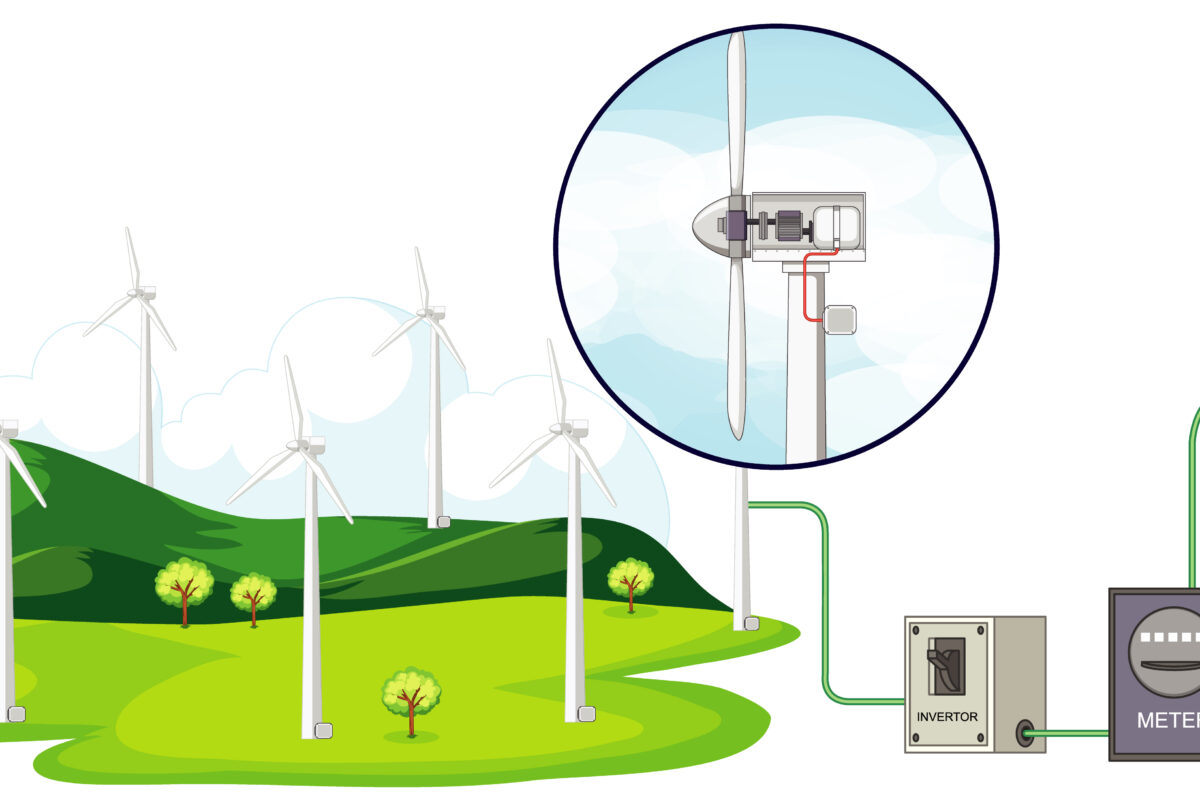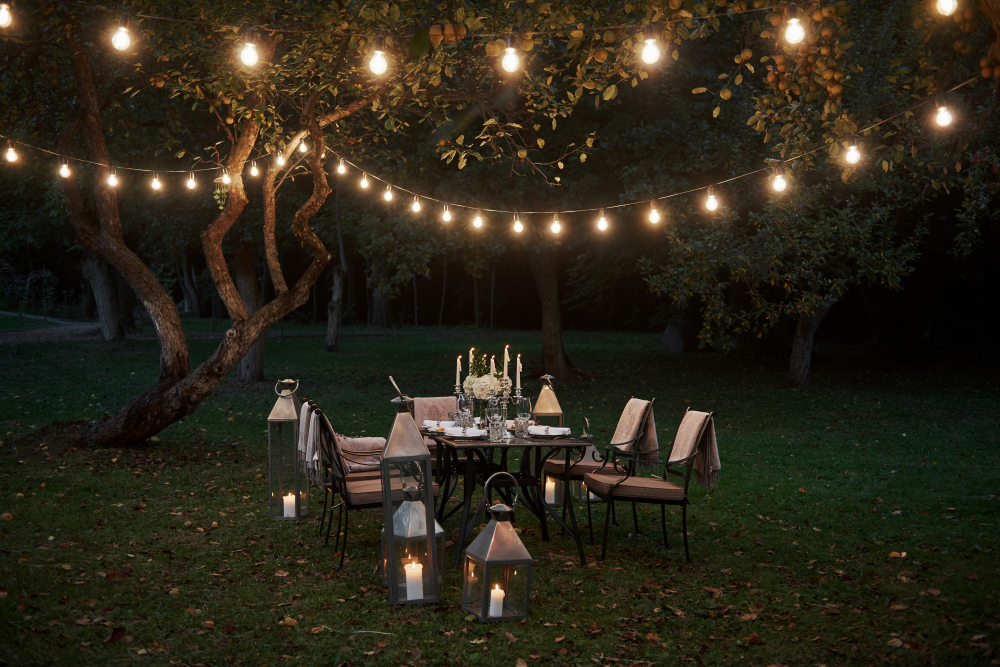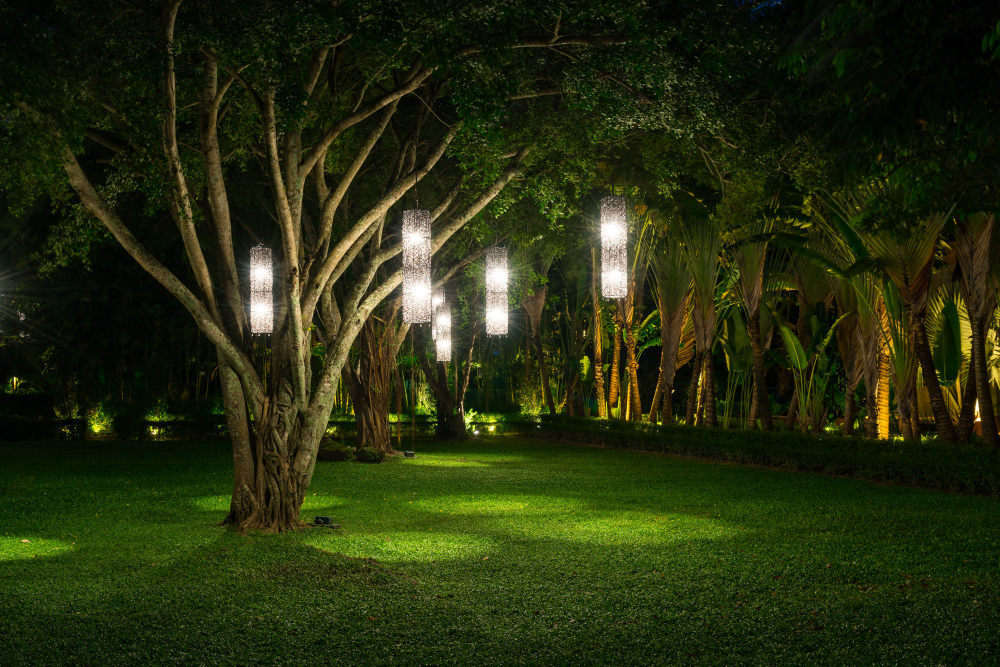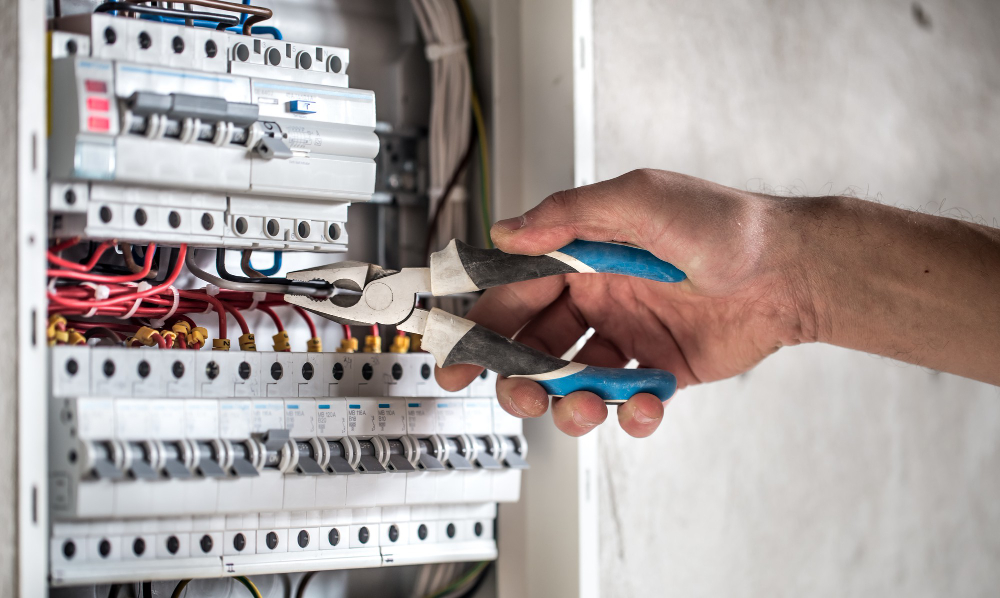Why Is Proper Generator Sizing Important?
The size of your generator is important to make sure it can provide adequate power during emergencies. A properly sized generator will prevent:
- Capacity overload. With a small generator, you won’t be able to power all your appliances and devices. Overloading a generator’s capacity can further shorten its life. Particularly in newer models and even pose a fire risk in older models.
- Possible damage to electronic devices. Generators with insufficient capacity can also provide uneven electricity and fry circuits.
- Insufficient power supply. With a smaller power supply to draw from than needed. There will be a reduction in the performance of your devices and appliances.
- Unit failure. Last but not least, overworking the generator can further cause it to shut down completely.
Properly sized home generators offer more than just avoiding negatives:
- Ensuring maximum system life. A generator that provides a little more power than your home requires. You will further avoid problems like capacity overload. As well as avoiding unit failure and maximizing your system’s life.
- Maintaining optimum performance. Undersized units provide uneven currents. The power supply is essential for the further optimal performance of your devices.
How To Determine Generator Size for a Home
Figuring out the size of the generator you’ll need for your home to operate fully on backup is simple. These three steps will further walk you through how to determine the optimal generator size for your home.
- Identify the most important devices to power. A portable generator cannot provide long-term power to a home. If sized correctly, whole-home generators can run for extended periods safely. With a backup generator, you’ll need to identify your most important appliances and gadgets. That list should include things like your refrigerator, heating and cooling system, and light fixtures. Calculate the amount of power they’ll need once you’ve determined everything that needs power.
- Perform a power requirement calculation. To calculate each device’s power requirement, multiply the watt requirements by the duration you plan to run the generator. This will give you the watt-hours requirement of each appliance or device the generator will need to power. For example, a typical refrigerator uses 600 watts, and a small freezer uses 600 watts. The generator needs to handle at least 1200 watts just for those two appliances. Then, add up the power requirements for all the critical circuits for lights, appliances, and devices on your list.
- Choose a generator slightly bigger than your needs. After you combine your appliances’ total wattage together. Further round up from the total and purchase a generator that exceeds your household’s needs. This will also allow you to add a cushion to your generator usage. For appliances like refrigerators and freezers, a larger generator size is also necessary for the startup current. Insufficient startup capacity can lead to overload and damage to the generator.
Choose Right Electric for Home Generator Installation
During the next power outage, we can help you select the right generator size for your home. We’ll install it to give you and your family peace of mind. Our team is available online or by phone at 908-568-8000.




